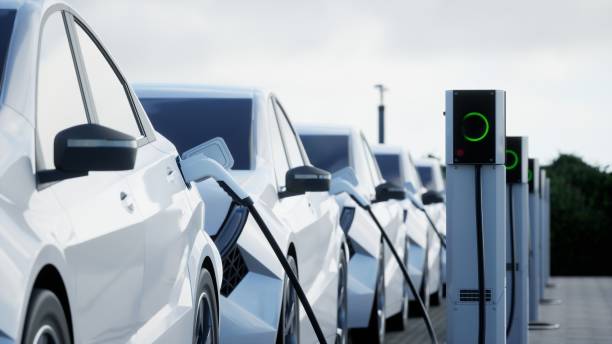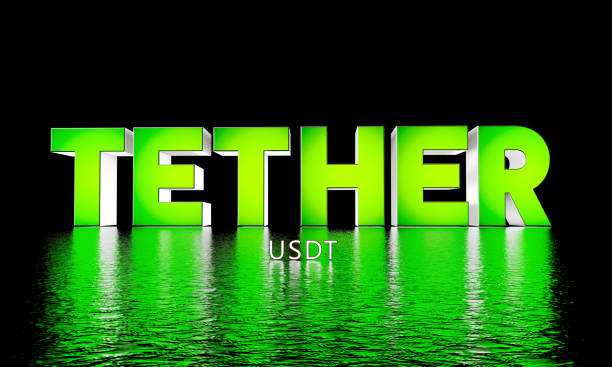TWITTER says discussion with the Federal Government to lift ban on its service in Nigeria is still ongoing.
The social media giant’s reaction is coming after the Minister of information and Culture, Lai Mohammed, announced on Wednesday that the government would lift the ban on Twitter in a matter of days.
Join our WhatsApp Channel“We recently met with the Nigerian government to discuss why Twitter has been blocked and ways to resolve the matter,” a spokesperson for the microblogging site was quoted as saying by Reuters.
“Our aim is to chart a path forward to the restoration of Twitter for everyone in Nigeria. We look forward to ongoing discussions with the Nigerian government and seeing the service restored very soon.”
Briefing State House correspondents at the end of a Federal Executive Council meeting, Mohammed had stated that the status of the conversation with the social media giant was at an amicable stage, explaining that agreements had been reached in all areas, except three that were unresolved.
One of the pending issues, he said, centres on the condition that Twitter establishes a legal presence registered as a Nigerian company with an office address and an employee to serve as a country representative in Nigeria.
According to him, Twitter said the earliest time it can establish a company will be by 2022.
Recall that the Nigerian government in June announced the ban on Twitter, restricting it from operating in Nigeria after the social media platform deleted tweets made by the Nigerian President Muhammadu Buhari warning the south eastern people of Nigeria predominantly Igbo people.
The government claimed that the deletion of the President’s tweets factored into their decision but it was ultimately based on “a litany of problems with the social media platform in Nigeria, where misinformation and fake news spread through it have had real world violent consequences”.
At the time, the ban was condemned by Amnesty International as well as the British and Canadian missions and the Swedish Embassy in Nigeria.
Two domestic organisations – the Socio-Economic Rights and Accountability Project (SERAP) and the Nigerian Bar Association – had indicated intent to challenge the ban in court, with Twitter itself calling the ban “deeply concerning”.

















Follow Us